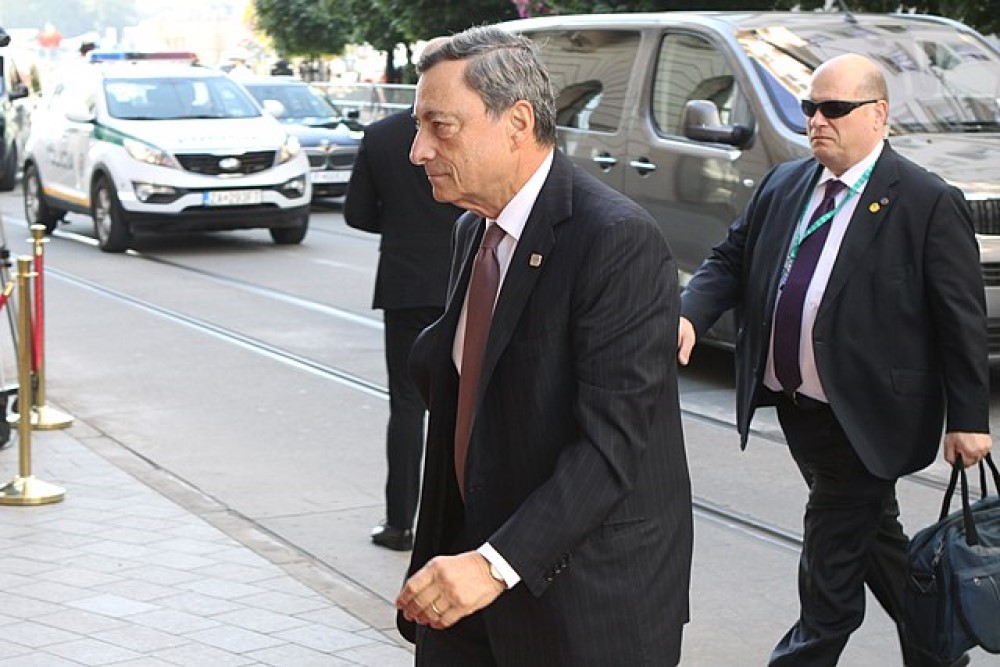
As Italy’s new prime minister, Mario Draghi is faced with the daunting task of leading his beleaguered country out of the economic and health crises caused by the Covid-19 pandemic. A native of Rome, Draghi is best known for his exceptional tenure as President of the European Central Bank (ECB) from 2011 to 2019. His appointment came at a time when stability within the eurozone was being challenged by the European debt crisis. His ECB success made him a rockstar in the world of economics. Before that, Draghi enjoyed a lengthy career as an academic, teaching economics at several of the world's top universities. Throughout the 1980s, Draghi cut his teeth by working for the World Bank in Washington, D.C., and in 1991, he returned to his homeland to become Director General of the Italian Treasury, where he played a central role in reducing Italy’s public debt and stabilizing currency exchange rates. Ten years later, he left that position to join Goldman Sachs management, where he remained until his appointment as Governor of the Bank of Italy in 2006.
His success is built on a strong intellectual foundation, which Draghi solidified as a graduate student from the Massachusetts Institute of Technology (MIT) during the mid-1970s. Initially, Draghi was admitted to MIT as a special student, meaning that to become a regular student, he had to convince his professors that he was worth keeping. To help pay the bills, he worked at a computer company 40 miles away from Boston. At MIT, Draghi was exposed to some of the top minds in economics, including five Nobel laureates among his professors, such as Franco Modigliani, who supervised Draghi's doctoral dissertation, "Essays on economic theory and applications." In 1976, Draghi not only received his PhD in economics, but also became the first Italian to earn a doctorate at MIT.
Despite Draghi's international responsibilities over the years, MIT has not overlooked his achievements in economics. In April 2021, the MIT Technology Review ran a feature article on one of the university's busiest graduates. Professor Robert Solow, who served as one of Draghi's informal graduate advisors, endorsed the newly crowned Prime Minister and his previous university track record. "Mario Draghi was a delight both as a student and as a person, and he was a great governor of the European Central Bank, often standing alone. I wish him luck now—he will need it.” As it happens, Draghi’s doctorate dissertation addressed the trade-offs between short-term and long-term economic planning. Fittingly, that is a topic he may find himself grappling with soon, as he attempts to lead Italy back to health – and possibly make Draghi yet another Roman to leave his lasting mark in the history books.
